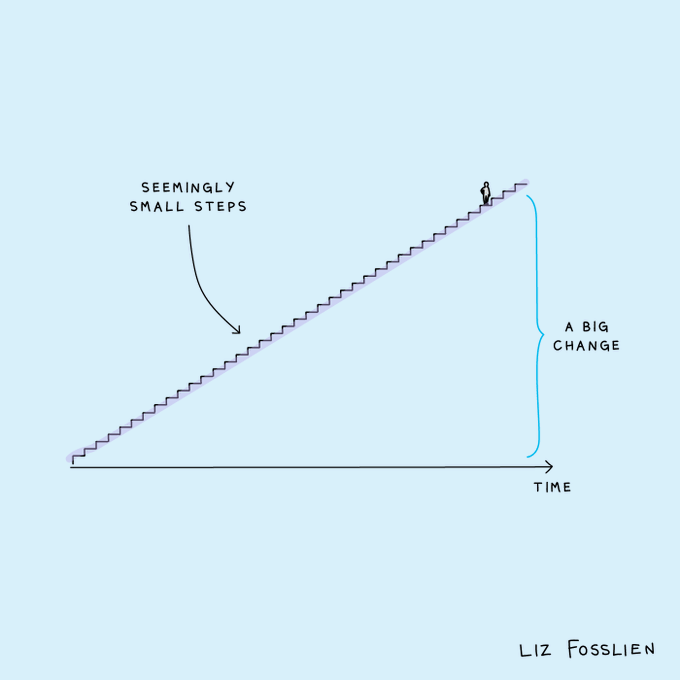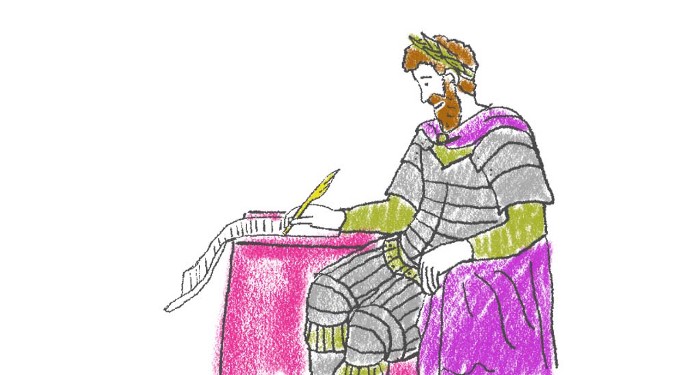A random thread on NOTES ✍️
Hupomnema (Greek. ὑπόμνημα, plural ὑπομνήματα, hupomnemata) is a Greek word meaning note.
Michel Foucault used it when talking about Seneca's discipline of self-knowledge.👇
Hupomnema (Greek. ὑπόμνημα, plural ὑπομνήματα, hupomnemata) is a Greek word meaning note.
Michel Foucault used it when talking about Seneca's discipline of self-knowledge.👇
Foucault said: "There was a culture of personal writing: taking notes on the reading, conversations, and reflections that one hears or engages in; keeping notebooks ('hupomnemata') on important subjects, which must be reread from time to time so as to reactualize their contents."
It's safe to assume Seneca used his notebooks as raw material for the works attributed to him, which include a dozen philosophical essays, one hundred and twenty-four letters dealing with moral issues, nine tragedies, and a satire. 

Fast-forward nearly 1500 years and and the same culture still existed in Renaissance Italy, where the notebook was known as a zibaldone.
Leonardo da Vinci used his to record observations, lists, ideas and sketches, keeping his notebook hanging from his belt for quick access.
Leonardo da Vinci used his to record observations, lists, ideas and sketches, keeping his notebook hanging from his belt for quick access.
"As you go about town," da Vinci wrote in one of his notebooks, "constantly observe, note, and consider the circumstances and behaviour of men as they talk and quarrel, or laugh, or come to blows."
The 7200 pages of da Vinci's notes that exist today are believed to be only a quarter of what he wrote.
The notebooks are arranged in various collections and have various different owners.
The Codex Leicester, for example, was purchased by Bill Gates for $30million in 1994.
The notebooks are arranged in various collections and have various different owners.
The Codex Leicester, for example, was purchased by Bill Gates for $30million in 1994.

These days we have note-taking apps like @RoamResearch, @evernote and @NotionHQ that give us powerful productivity features.
While apps help us sort our notes quicker than Seneca and Leo could, I still think there's a small place today for the hupomnemata and zibaldoni 🙂
While apps help us sort our notes quicker than Seneca and Leo could, I still think there's a small place today for the hupomnemata and zibaldoni 🙂
• • •
Missing some Tweet in this thread? You can try to
force a refresh










